Free Patent Examiner and Art Unit statistics are officially live at ironcrowai.com/prosecution-statistics.
IronCrow AI, the software arm of McCoy Russell, has compiled prosecution statistics for all 10,000+ patent Examiners and 500+ Art Units in the USPTO. These Art Unit and Examiner statistics include:
Allowance Rate: The percentage of all applications under a given Examiner or Art Unit which are eventually allowed.
Allowance Rate Comparison: A bar chart showing the allowance rate of a given Examiner/Art Unit relative to other organizational units within the USPTO.
Prosecution Timeline: A timeline showing how the population of pending applications under a given Examiner or Art Unit evolves over time (e.g., by being allowed or abandoned).
Prosecution Speed: Estimates the amount of time between filing an application and reaching final disposition under a particular Examiner or Art Unit. Equivalent to the half-life of a pending application.
Office Actions: The total number of Office Actions issued by an Examiner or Art Unit divided by the total number of applications processed by that Examiner/Art Unit, can be thought of as the likely number of Office Actions issued for an application before a final disposition is reached.
Restrictions: The total number of restriction requirements issued by an Examiner or Art Unit divided by the total number of applications processed by that Examiner/Art Unit. Equivalent to the probability of receiving a restriction requirement.
Interview Benefit: The allowance rate for applications in which at least one Examiner interview is conducted minus the allowance rate for applications in which no Examiner interview is conducted.
Appeal Success Rate: The percentage of appeals in which the Examiner or Art Unit is reversed.
Examiner Contact Info: The email address and phone number for all active patent Examiners.
High-priced firms have been taking advantage of paid examiner statistics for a long time because they know that the data helps. With free, up-to-date prosecution data, every patent practitioner can now be on a level playing field. Make patent examiner statistics a part of your practice today by accessing this free resource at ironcrowai.com/prosecution-statistics.



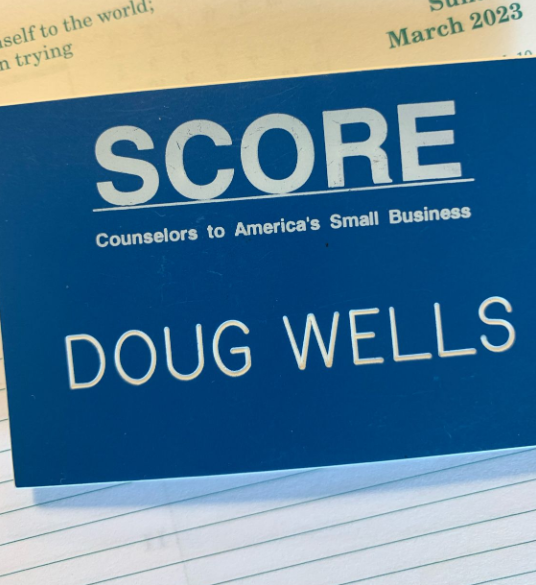
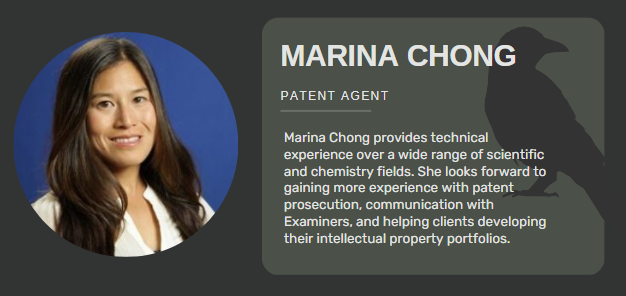
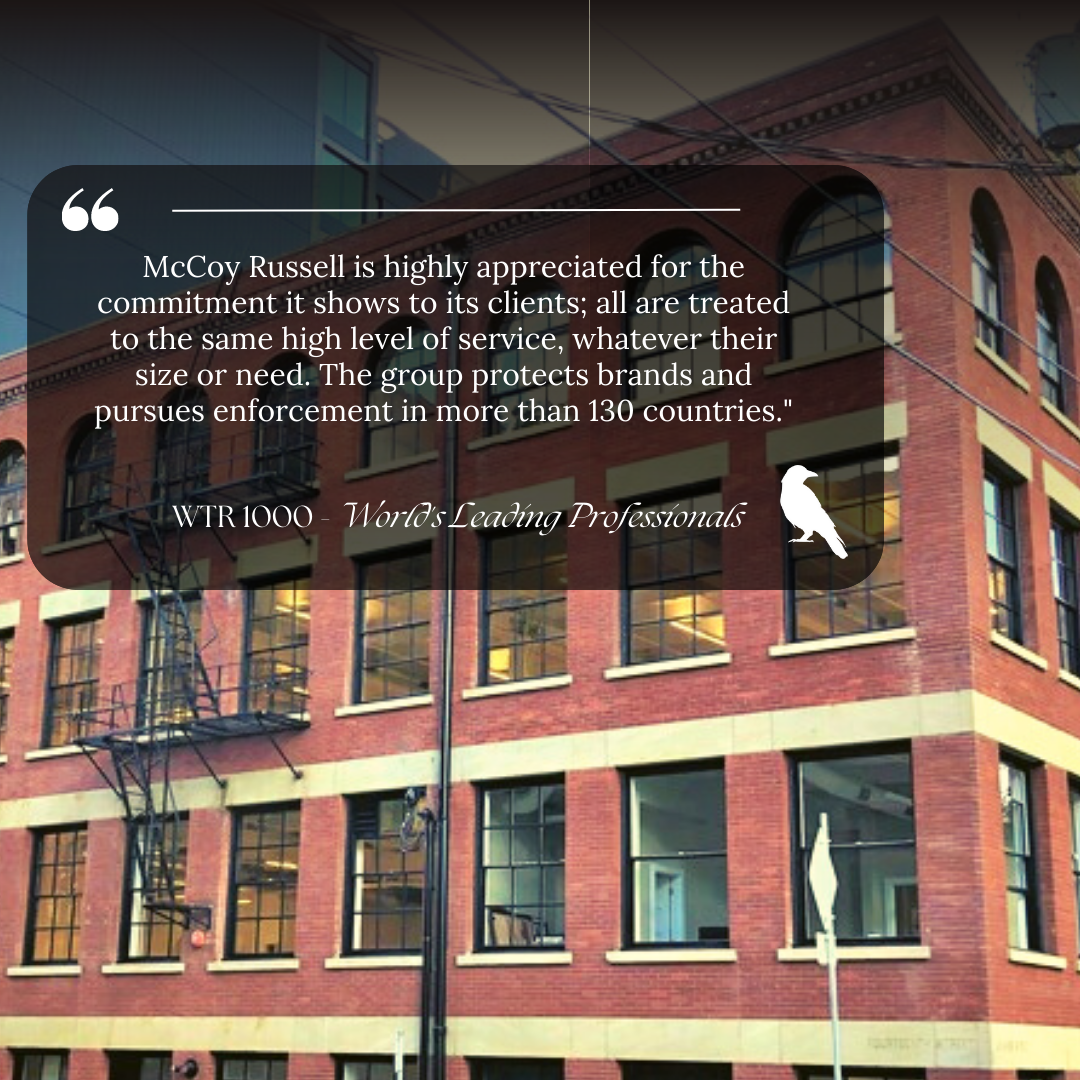


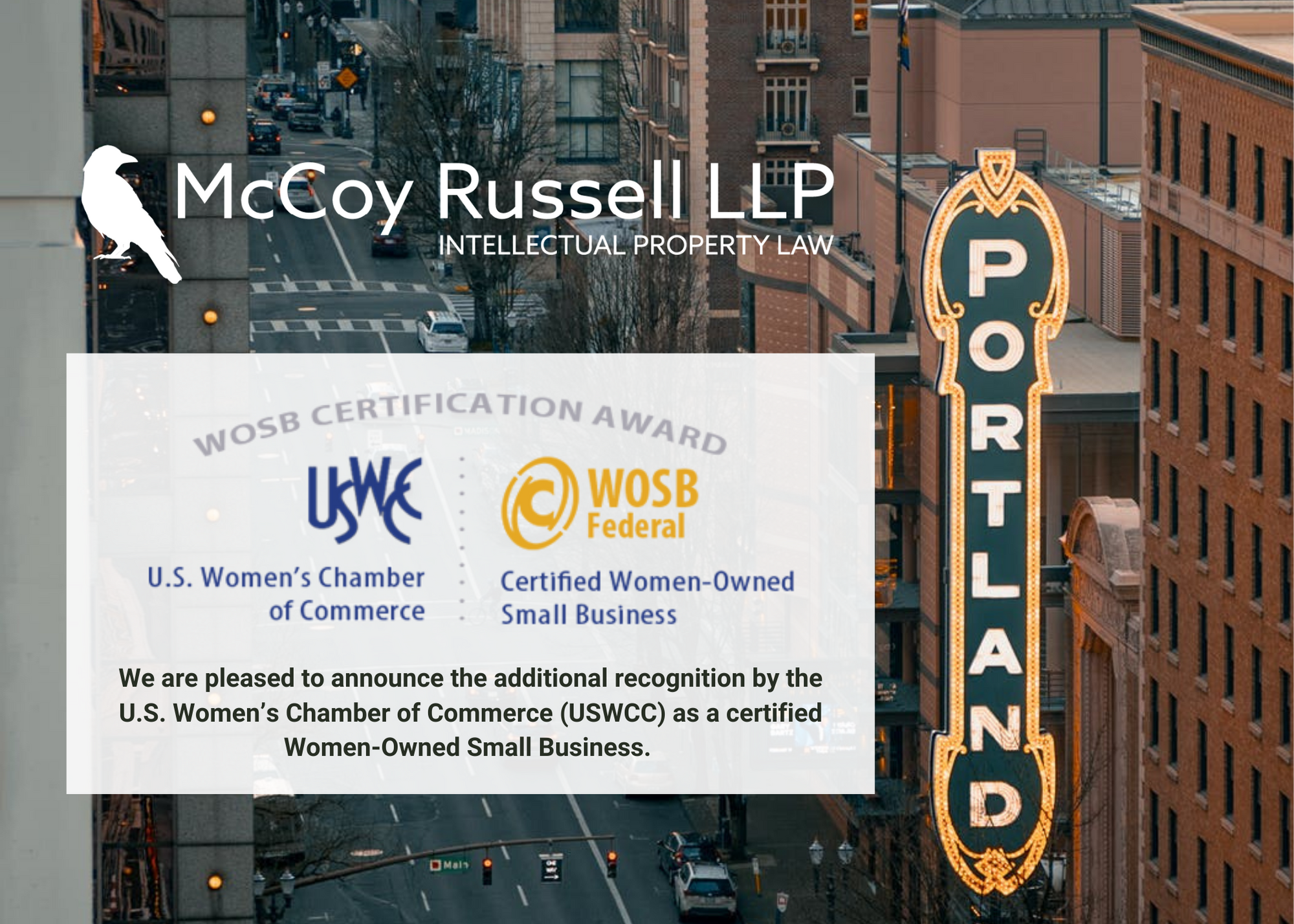

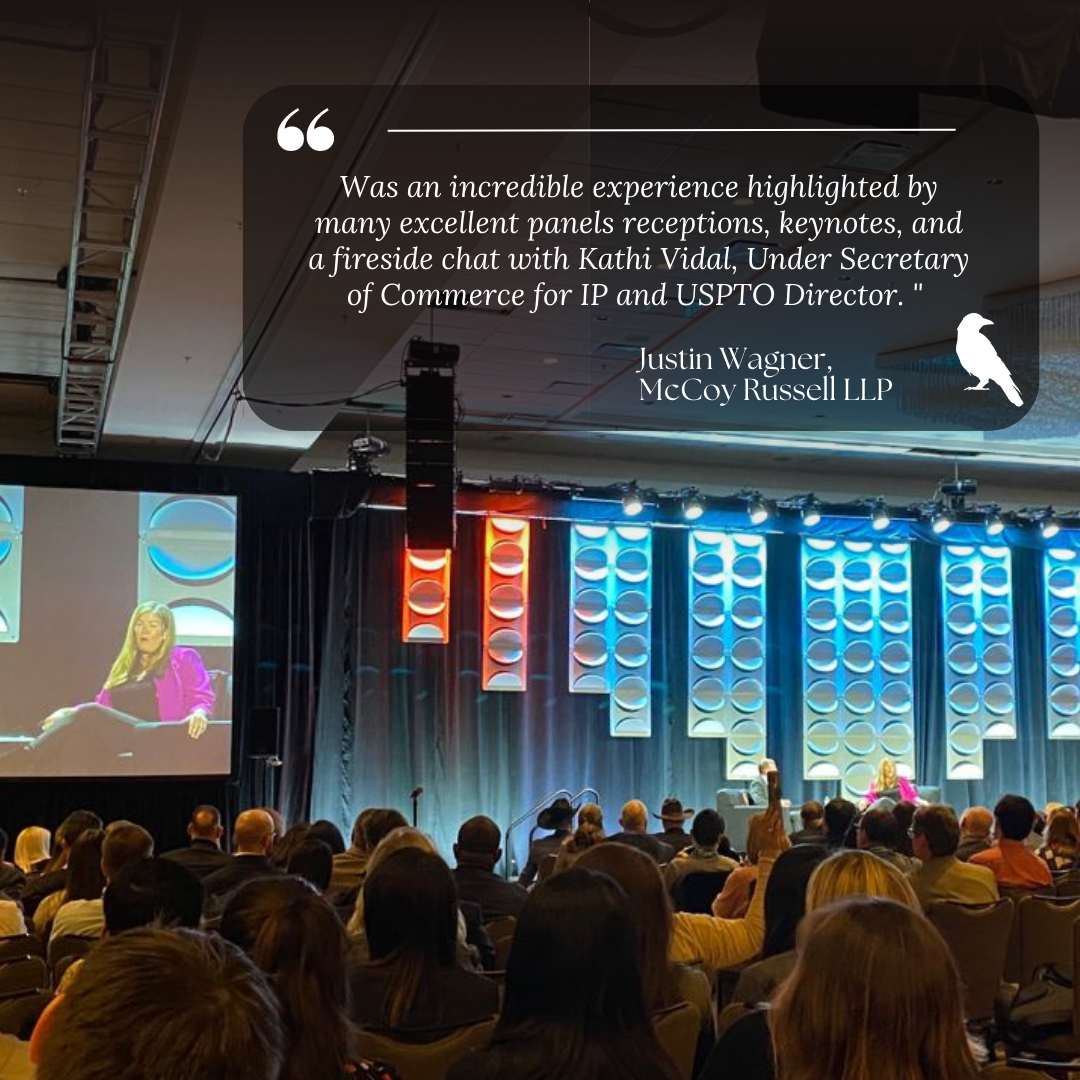
Recent Comments